Pandemic and lock-down has shaken the status quo of lifestyle, industry, education and actually everything. With this disruption, in these unprecedented times, there is time to look at few ideas, which were not on anvil. They probably will be very important in times to come. One such idea – Transforming tacit knowledge into explicit one.
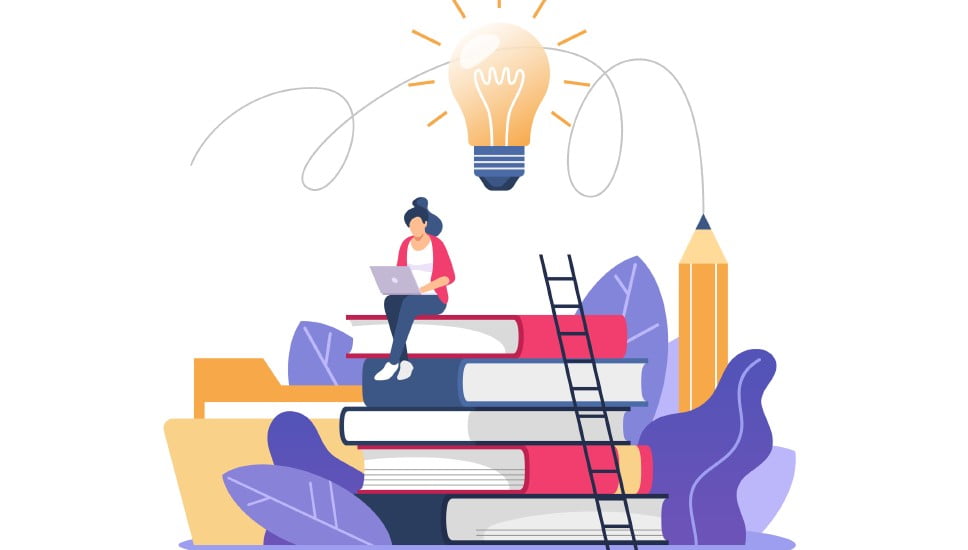
Explicit knowledge is something that can be articulated, codified, stored, referred. Common example being books, videos, Wikipedia, etc. It is easy to share with others.
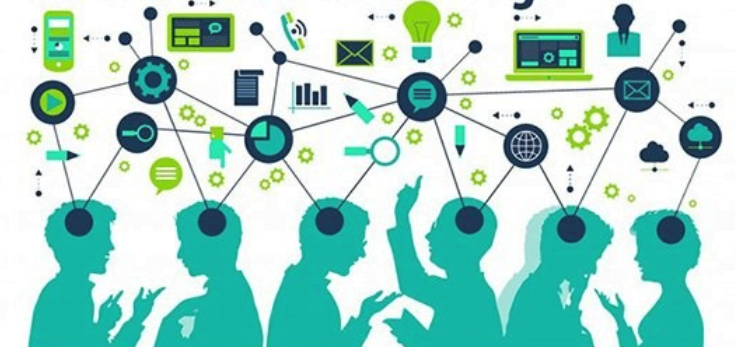
On the other hand, tacit knowledge! Michael Polanyl, in 1958 paper, The Tacit Dimension, articulated that “we can know more than we can tell.” He is credited with the coined term, tacit knowledge. Ritesh Chugh, in his paper of 2015, defined Tacit knowledge as skills, ideas and experiences that, people have but, are not codified and may not necessarily be easily expressed. The ability speak & understand a language, driving car, playing games, cooking food, design a product, operate machines. It consists of cognitive abilities, mental models, perceptions based on experiences, mind set and few more.
It is irony that most of times, across geographies, walks of life and industries/ sectors, people are not aware of the value of their knowledge, to others. Hence, tacit knowledge developed over decades, dies with the people who possesses that. This results in failures in lot of situations, which could have been avoided, had the tacit knowledge being around the situations, in the form of explicit one, to be referred.
It is strenuous or impossible to explicitly transform entire tacit knowledge in to explicit knowledge. But, there are means to at least transfer it partly. For centuries tacit knowledge is being transferred to next generations through personal contact, regular interactions and trust. It can be explained through continuous practice in particular context. Foremost example being, values of Hinduism, Hindu rituals, Yoga. Another example of a student associated with a great surgeon. The transfer of knowledge can happen with practice under supervision of the surgeon, for many day or years. However, on the other side, there are so many amazing structures, who stood for millenniums, which are still puzzling great minds. The knowledge about building them was not scripted or transpired to next generations.

For last few years, machine leaning is trying to codify certain aspects of tacit knowledge in to explicit one, using various probabilistic models, Bayes Algorithm, etc. For example, Bayes Algorithm facilitates building machine learning models used in predictions. Research on Nutural Language Processing (NLP) will empower people with ability to understand languages, using some application or device. In stock markets, algorithm trading is taking over most of the trading activities. Machine learning is helping early cancer diagnosis and cure process. Youtube has been instrumental in helping people preserve, some aspects of their knowledge legacy, in the form of videos. These videos are great teachers for people, who seek guidance is desperate times.
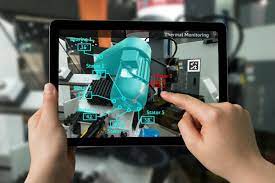
Using Augmented Reality capturing and documenting tacit knowledge is possible. Using Wearable technology solutions, such as VirGo Platform, AR can be deployed to capture responses of maintenance officer during maintenance activity. The responses can be codified and stored. It can be also be reviewed and enriched in the context of comparison with responses of other officer. A blended one or the better one can be preserved for future references, in the form of Standard Operating Procedures. Architects can codify their tacit knowledge of imagination or imaginary element into AR, which can be shared with their prospective customers, in the form of AR driven walk-throughs. Ageing workforce can store their operations knowledge using such AR platforms and some aspects of their tacit knowledge can be preserved for long, after they have gone.
In current times of pandemic or probably future too, social distancing will remain a new normal. Whereby, people will be compelled to look for options of garnering tacit knowledge in the form of explicit knowledge using technology, rather than co-ordinated practice or close interactions.
There is definitely a great opportunity in transforming tacit knowledge in to explicit one.
How big, only time will tell !



![Relationship Goals Review: Is It Your Next Favorite Rom-Com? [2026]](https://outfluent.blog/wp-content/uploads/2026/02/Relationship-Goals-Review-1-180x135.jpg)
![Cradle of Kindness: A Mumbai Cop’s Heartwarming Gift| Viral Stories [2026] Cradle of kindness](https://outfluent.blog/wp-content/uploads/2026/02/Mumbai-cop-kindness-180x135.webp)
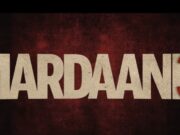


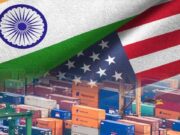
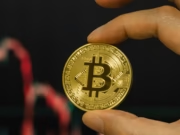



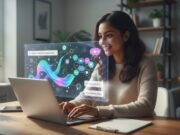

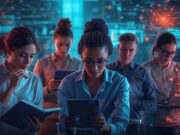
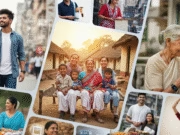
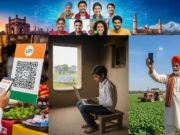
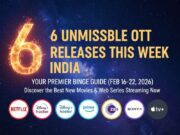
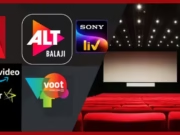

![Daldal Review: A Scary Look into Mumbai’s Dark Secrets [2026] Daldal review](https://outfluent.blog/wp-content/uploads/2026/01/Daldal-Review2-180x135.webp)

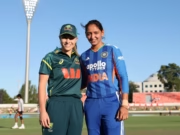




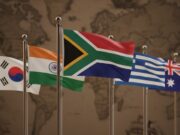

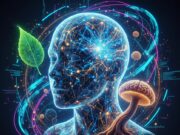
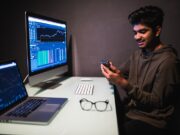
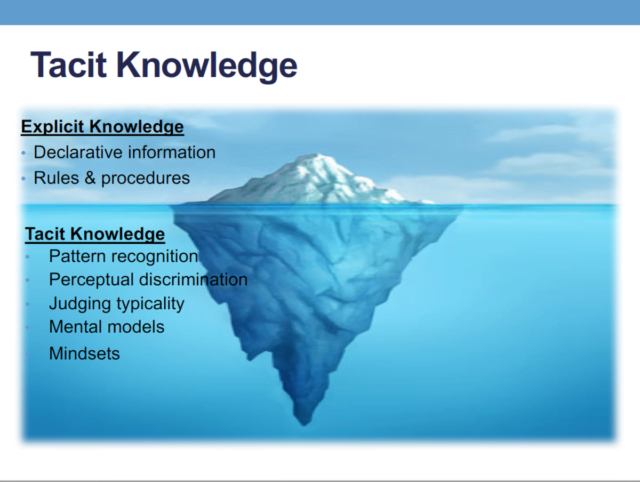
![Cradle of Kindness: A Mumbai Cop’s Heartwarming Gift| Viral Stories [2026] Cradle of kindness](https://outfluent.blog/wp-content/uploads/2026/02/Mumbai-cop-kindness-238x178.webp)

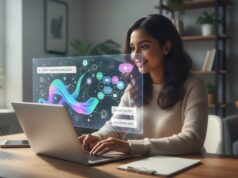





A truly fantastic read. Your writing style is both engaging and informative.
Appreciate the effort put into this. It’s always good to see quality content.
**mitolyn reviews**
Mitolyn is a carefully developed, plant-based formula created to help support metabolic efficiency and encourage healthy, lasting weight management.